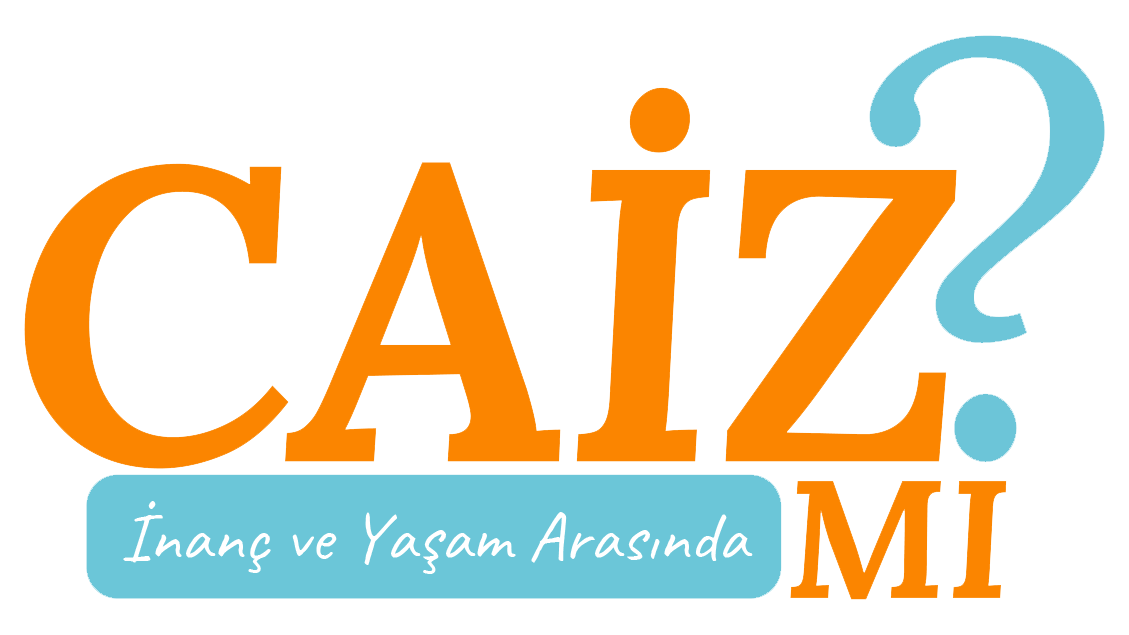In Islam, while avoiding doubtful matters is an important principle, it is not correct to take this to the level of obsession or paranoia. The Prophet Muhammad (peace be upon him) warned three times, “Beware! The extremists are destroyed” (Muslim, “Knowledge,” 7; Abu Dawood, “Sunnah,” 7), cautioning Muslims against excessiveness and extremism.
To consider something doubtful, there must be evidence, reason, or a sign that raises doubt about its permissibility. For example, if a Muslim refrains from eating another Muslim’s food out of an unfounded fear that it might be “doubtful,” they commit a sin by harboring suspicion without cause, as it is assumed that a Muslim’s food is halal. No attention is given to unfounded possibilities (Mecelle, Article 73). While avoiding doubts is a religious obligation, balance must be maintained, and excessive scrupulousness should be avoided.
Otherwise, such individuals may place themselves in difficult situations and mislead those around them. If they lack knowledge about the matters they are avoiding, their excessive caution could turn against them.
